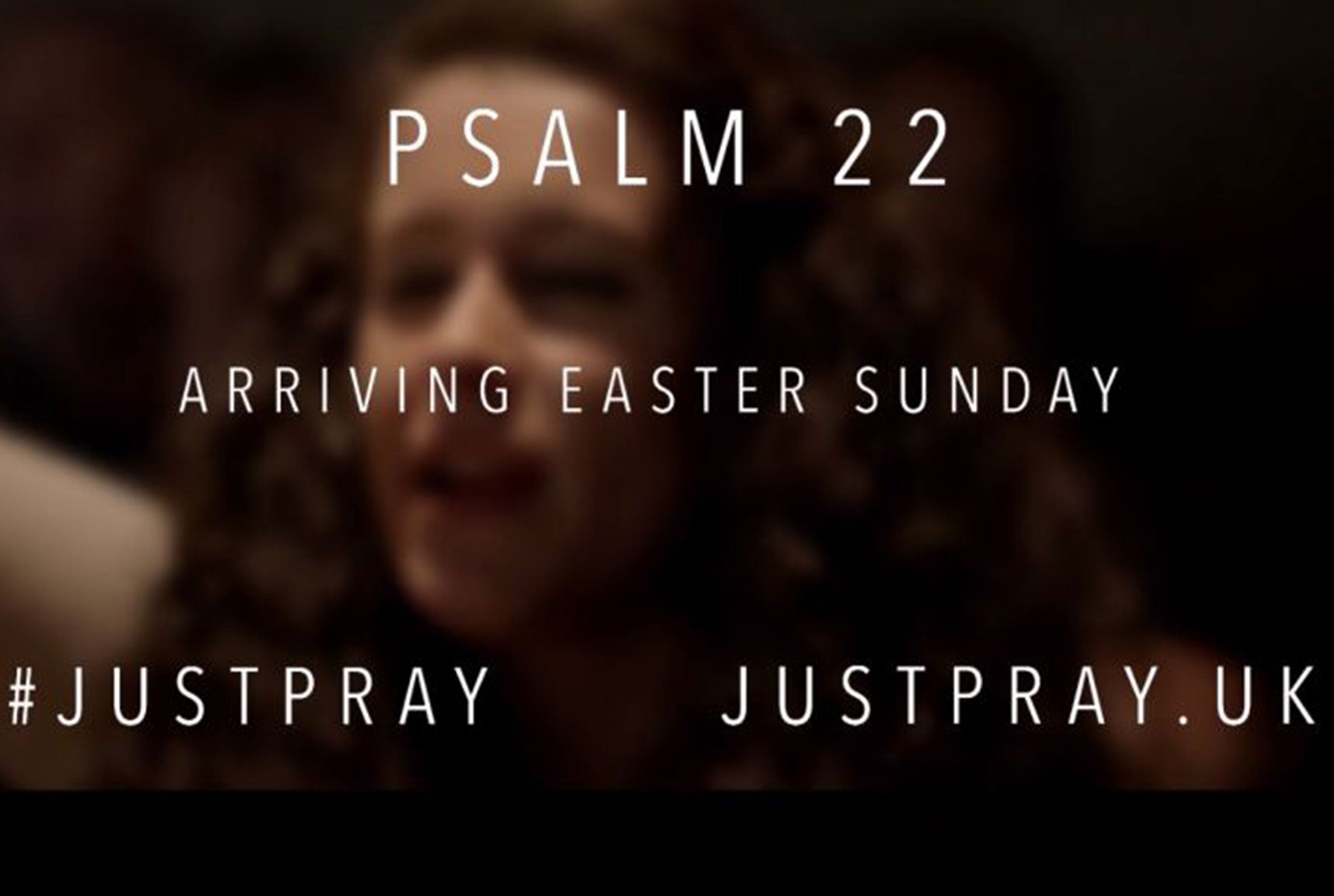Church of England turns to YouTube after cinema ads were banned
But will anyone but the converted take notice, asks Meg Carter?

Since its foiled attempt before Christmas to run an advert before cinema screenings of Star Wars: the Force Awakens, the Church of England has been busy plotting ways to reach out to a potential new congregation. Up its sleeve for Easter is a series of films for YouTube, featuring former homeless people and ex-drug addicts whose faith has helped them turn their lives around, it was announced this week. Without doubt, the Church's initiative is ambitious. But with an estimated 500 hours of new video now uploaded to YouTube every minute, is it bold enough to cut through?
"The Church is preaching to the converted," says Tim Page, vice-president at media technology company Adaptly. "If its goal is to engage with existing communities, then YouTube and their own online sites are fine."
The campaign, known as the "Psalm 22 Project", revolves around the real-life accounts of five men and women, who each present their own interpretation of a scene from the Passion of Christ, says Reverend Arun Arora, communications director for the Church of England.
"Psalm 22 includes the words 'My God, my God, why have you forsaken me?' said by Jesus on the cross," he says. "The film explores the themes of suffering, and the coexistence of faith and doubt."
We'll be able to see the full film on Easter Sunday. Until then we can view teasers – each focused on one person – which are being released over the five weeks until Easter. The first went live on the Church of England's website and its YouTube channel on Ash Wednesday this week. Related blog and audio content is also being released, week by week.
Since November 2014, when it launched a weekly podcast and relaunched its official You Tube channel, the Church of England has been working hard to become more digitally focused in its communications, and more engaged with social media – creating content that it hopes followers will share with friends. As well as a presence on YouTube, Facebook and Twitter, it is also on Pinterest and Tumblr – proof if it's needed that social media is the 21st-century equivalent of the old town square. Yet, despite its latest efforts, some can't help wondering if the new, digitally minded Church of England might be missing a few tricks.
Choosing the right platform is key, for example. Facebook, which now generates eight billion video views each day, is deemed by many content creators to be a far better video-distribution platform than YouTube, for example. And, despite being favoured by many well-known personalities, Twitter's numbers are now starting to stagnate.
Viral content – that which is so compelling that viewers freely choose to share and pass it on – is a powerful way to grow an existing audience and build new ones, says Joe Wade, co-founder of Don't Panic, the creative agency behind viral hits such as Most Shocking Second a Day for Save the Children and Everything is Not Awesome for Greenpeace.
"If they want to reach people beyond those visiting their own online platforms already, they need to reach out – by taking their content into different online communities," he says. "Humour helps when you want people to share a film, but you don't have to be funny. More important is to actively build in to your content elements appealing directly to different groups to encourage them to share. Whatever you do, if you want to stand out online, you've got to be bold."
These films form the second part of the Church of England's JustPray.uk campaign, a website dedicated to prayer with a live prayer feed from across the globe via Twitter, Vine and Instagram. To promote its launch, the Church of England commissioned production company Constellation Films to make The Lord's Prayer – a film featuring Christians from all walks of life praying – which it tried to get shown by leading cinemas as part of the ad reel before the Star Wars movie in the run-up to Christmas. However, after the UK's three largest cinema chains refused to show it, the Church ended up distributing the advert on its own online platforms – just as it is doing with these new films for Easter.
Join our commenting forum
Join thought-provoking conversations, follow other Independent readers and see their replies
Comments
Bookmark popover
Removed from bookmarks